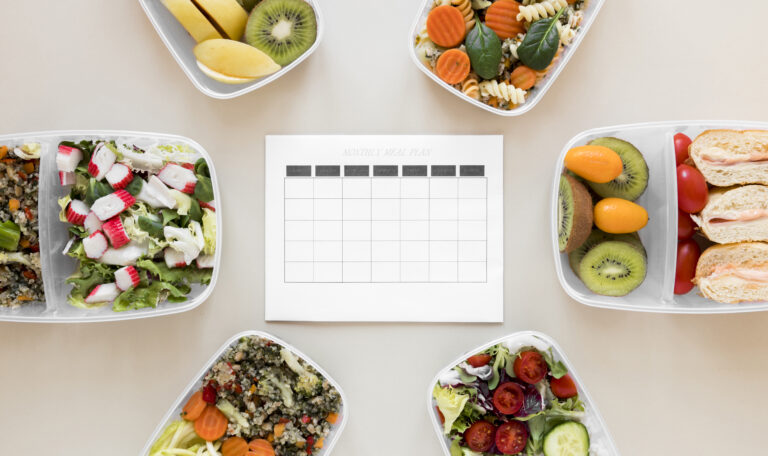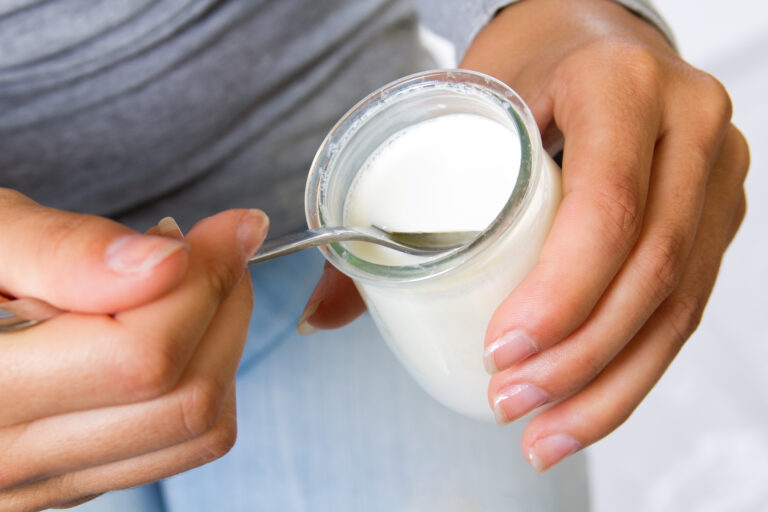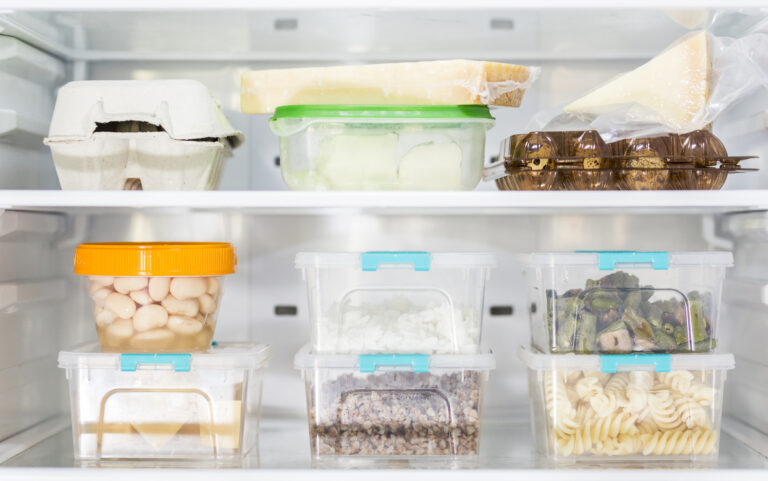Starting the journey towards healthy eating can often feel like a difficult adventure, leaving many of us with the common thought, “I don’t know what to eat anymore.”
In a world full of diet trends and conflicting advice, making sense of our meals becomes a real puzzle.
This article is here to unravel that mystery. We’ll talk about the challenges of disordered eating, the impact of societal expectations on body weight, and the pursuit of healthier choices.
Join us in exploring the importance of real food, intuitive eating, and finding the right balance for both physical and mental well-being. If you’ve ever felt lost in the world of nutrition, this journey is for you – addressing the question, “I don’t know what to eat anymore.” Let’s make sense of it together.
Why You Might Be Unsure About What to Eat?
Embarking on the daily decision of what to eat can sometimes feel like navigating through a labyrinth of uncertainty. Let’s explore the various factors that contribute to this common dilemma, uncovering the reasons why you might be unsure about what to eat.
- Ever-Changing Nutritional Advice: Constant changes in nutritional advice and new diet trends create uncertainty about what truly constitutes a healthy meal.
- Societal Pressures and Body Image Expectations: Social and cultural expectations regarding body image can lead to conflicting food choices, causing uncertainty about aligning with health and societal norms.
- Information Overload in the Digital Age: Living in an era of information abundance, especially on social media, makes it challenging to discern credible nutritional advice, contributing to confusion about beneficial foods.
- Lack of Personalized Guidance: While general nutritional advice is available, the absence of personalized guidance based on individual needs creates uncertainty about the suitability of certain foods.
- Emotional and Stress-Related Eating: Emotional and stress-related eating can lead to impulsive dietary choices, emphasizing the importance of understanding the connection between emotions and eating habits.
- Overwhelming Food Choices: The vast variety of foods in today’s markets can cause decision fatigue, making it difficult to choose a balanced and nutritious meal and contributing to uncertainty about what to eat.
Steps For An Ideal Nutrition Plan
A well-rounded and effective nutrition plan is a commendable step towards cultivating a healthier lifestyle. In this segment, we’ll delve into the essential Steps For An Ideal Meal Plan.
1. Start With A Diet App
It’s easy to feel lost about what to eat. Luckily, diet tracking apps are stepping in to help us make sense of it all. These apps are like personal guides, shedding light on our food decisions and how many calories we’re really consuming.
When you use a diet calorie counting app, it gets personal. You log what you eat intuitively each day, and it gives you the lowdown on your calories, nutrients, and overall nutrition. This helps you make food choices that match up with your health goals.
A big plus of these apps is the calorie feature. You can see exactly how many calories you’re taking in, which is super handy if you’re trying to manage your weight or stick to a specific calorie target.
But it’s not just about calories. These apps also break down the nutrients in your meals. You can track your intake of essential stuff like vitamins, minerals, proteins, and fats. Knowing this helps you tailor your food choices to what your body needs.
2. Favor Low Calorie Foods
Imagine low-calorie foods as superheroes, leading the mission of losing weight. They’re not just about shedding pounds; they form the foundation for a sustainable strategy to attain and maintain a balanced body weight.
At the heart of weight loss is the caloric deficit—burning more calories than you consume. Enter low-calorie foods, the unsung heroes in creating and maintaining this deficit. Opting for these foods lets you enjoy satisfying meals without tipping the calorie scale, setting the stage for steady and enduring weight loss.
Feeling full is crucial in the weight loss journey. Many low-calorie foods are packed with fiber, water, and proteins, keeping hunger at bay. This makes it easier to control portion sizes and resist the temptation of less nutritious, high-calorie options.
3. Carbohydrate A Weight Gainer
Carbohydrates often get a bad rap as the culprits behind weight gain, primarily due to their high-calorie nature. This belief fuels the idea that steering clear of carbs is a smart move for managing weight lost.
Carbs, especially the refined ones found in sugars and processed grains, can pack a calorie punch. If you’re not mindful of nutritional value and consume calorie-dense packaged foods regularly, it might lead to an excess of daily calories, potentially resulting in weight gain over time.
There are two types of carbs: simple and complex. Simple carbs, present in sugary snacks and refined foods, provide a quick energy boost but can lead to subsequent cravings and overeating. On the flip side, complex carbs, found in whole grains and mostly plants, offer a more sustained release of energy and are generally a healthier choice.
4. Salat Always A Great Choice
Salads, often celebrated as nutritional powerhouses, play a crucial role in maintaining a balanced diet and achieving a caloric deficit. As a staple in healthy eating, salads offer a myriad of benefits that contribute to overall well-being, making them an indispensable component for those striving to manage their weight effectively.
Most salads, especially those centered around leafy greens and a variety of colorful vegetables, have naturally fewer calories. This makes them ideal for those aiming to reduce their overall calorie consumption while still enjoying a satisfying and nutritious meal.
Incorporating salads into your daily routine can be a strategic move for weight management. By choosing nutrient-dense, low-calorie ingredients, you create a pathway to achieving a caloric deficit. This is crucial for those seeking to lose or maintain weight, as it means you are expending more calories than you consume.








